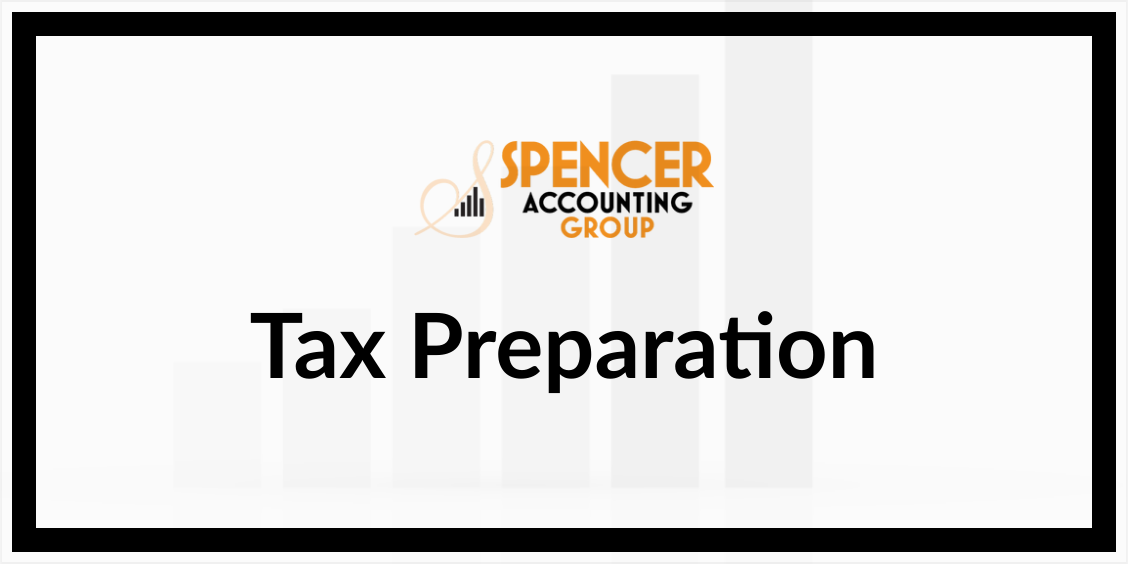|
Guess What? You can be both! You can be both real estate investor and real estate dealer with respect to your real estate portfolio.
Good News! You are in control!!! Just by knowing just a few rules about dealer and investor classifications, you can do much to increase your net worth. Let’s take a quick look at how big a difference you can make in the tax bite. Say you have a $90,000 profit on the sale of a property.
The investor potentially saves a whopping $28,017 in taxes. You, the individual taxpayer, can be both a dealer and an investor! The law does not cut you in half or anything. No, the law simply looks at each property in its respective light. But you need to make the light shine on your properties by making a clear distinction in your books and records as to which properties are investment properties and which are dealer properties. Should you fail to make the distinction, you place yourself at the mercy of the IRS. (The word “mercy” does not exist in the tax code, so expect a very unhappy result if you rely on mercy.) The courts look at your intent in buying and holding the property. Your books and records help establish that intent. Dealer property is property you hold for sale to customers in the ordinary course of a trade or business. The more properties you buy and the more properties you sell during a calendar year, the greater the chances that you are a dealer with respect to those properties. Properties that you buy, fix up, and sell generally are dealer properties. Also, properties that you subdivide have a great chance of being dealer property, except when those subdivisions are done under the very limited rules of Section 1237. Where the dealer’s principal purpose for owning property is to sell it to customers in the ordinary course of business, the investor’s purpose in owning property is to
Each property stands alone with respect to its status as a dealer or an investment property. Thus, you (the individual taxpayer) or your corporation may own both dealer and investment properties. If you have both types of properties, make a clear distinction in your books and records as to which properties are investment properties and which are dealer properties.
1 Comment
Peggy Parson
2/9/2019 04:14:58 am
Thanks for pointing out the differences existed between the real estate dealer and real estate investor. An investor should do a lot of research prior to investing in real estate or some other form of investment which is really crucial to understand the factors which need to be taken into consideration prior to making an investment. Investment in real estate without acknowledging the basic aspects could cost a lot to the investors. Besides, one could also passively invest in real estate through a real estate investment company, like
Reply
Leave a Reply. |
We're Here to HelpGet advice from our experienced network of financial managers. If you Value our Blog, We have an ask.We spend hours researching data to help you understand your finances and taxes, including historical context, issues, and solutions. Our goal is to empower people to improve their relationship with money. Please consider a $3 donation today. Important Disclosures
Spencer Accounting Group, LLC does not provide investment, tax, legal, or retirement advice or recommendations in these blogs. The information presented here is not specific to any individual's personal circumstances. AuthorKeana Spencer is an Accountant, Entrepreneur, and Educator to her clients, with a strong passion. Keana has over 10 years of experience and through her practice, she is a source of knowledge and strategies to her clients. |

 RSS Feed
RSS Feed




